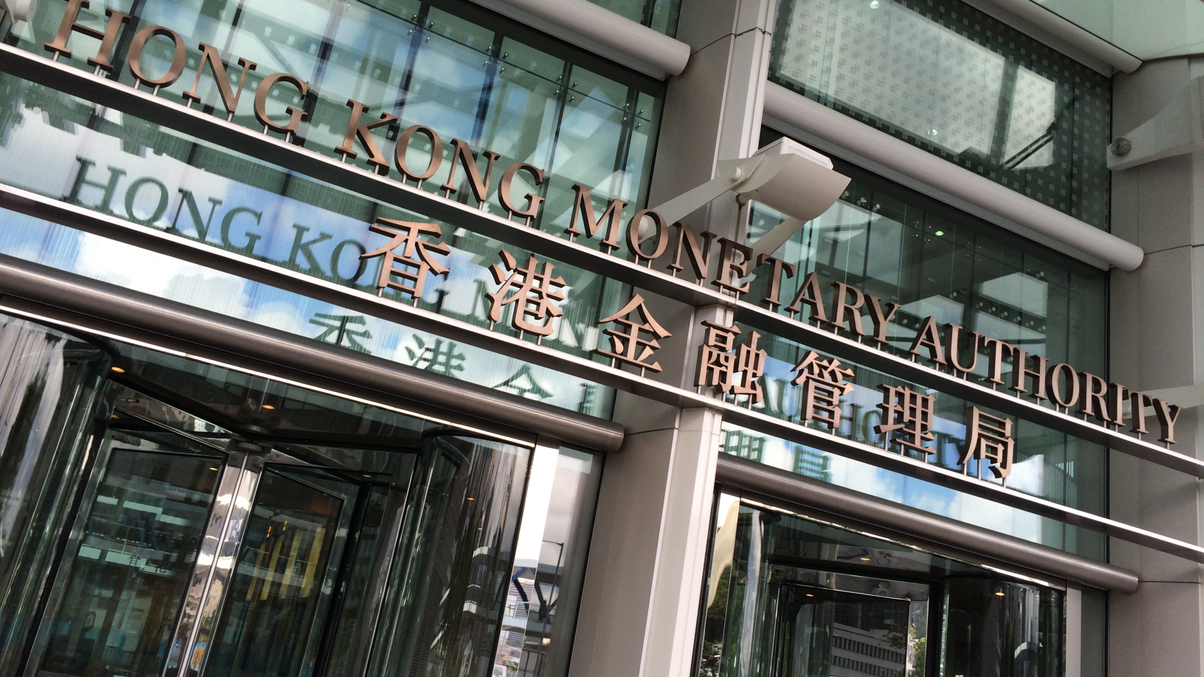HKMA backs new Hong Kong private equity plans
Hong Kong’s de facto central bank voices its support for the upcoming limited partnership regime as more details of the developing legal framework emerge.

Hong Kong’s de-facto central bank has thrown its weight behind a government initiative to revamp century-old limited partnership laws, in an effort to make the territory appealing for modern private equity funds
Sign in to read on!
Registered users get 2 free articles in 30 days.
Subscribers have full unlimited access to AsianInvestor
Not signed up? New users get 2 free articles per month, plus a 7-day unlimited free trial.
¬ Haymarket Media Limited. All rights reserved.


